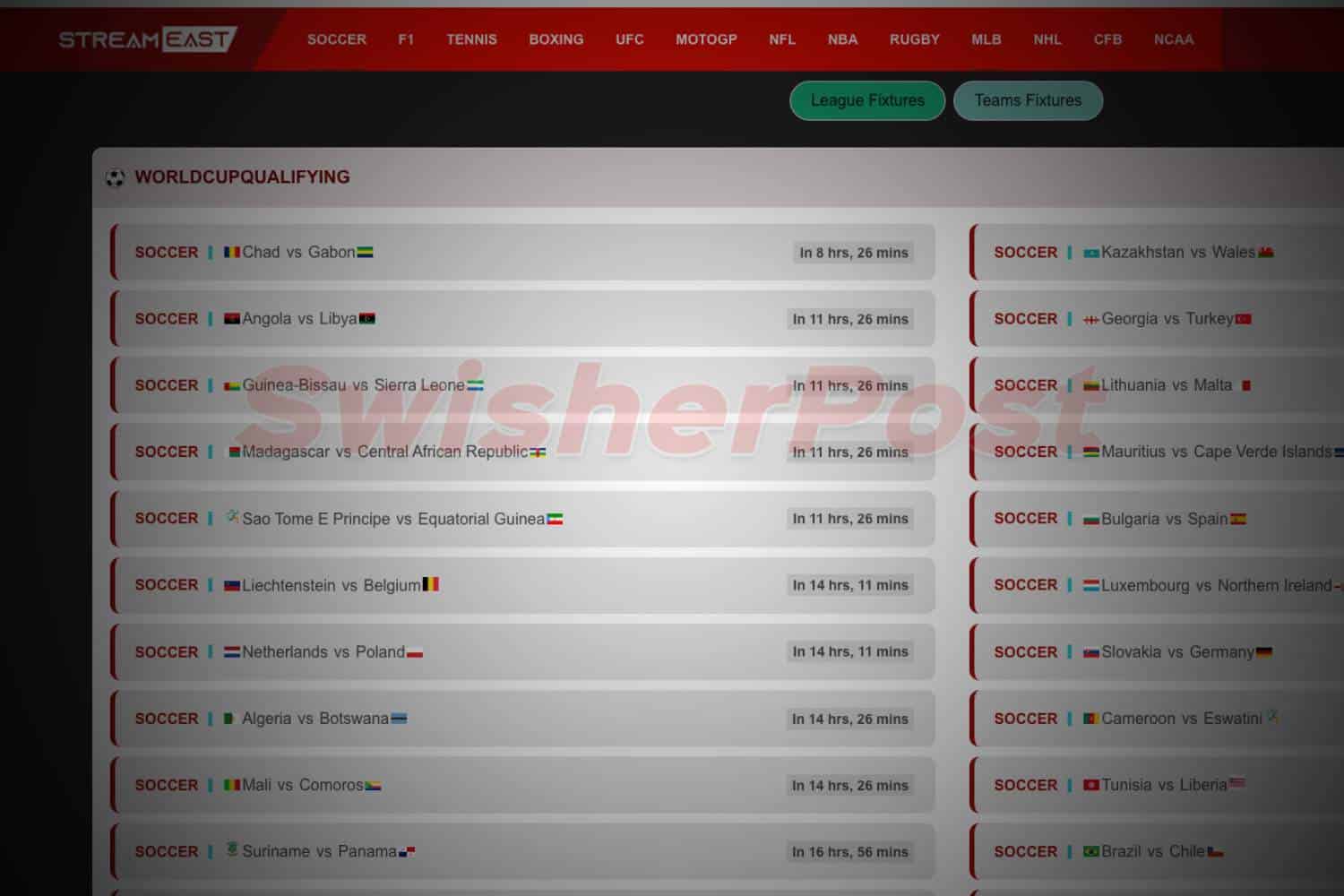Reports that Streameast, one of the world’s biggest illegal sports streaming networks, has been shut down spread across social media this week.
Conflicting reports spark confusion
The Alliance for Creativity and Entertainment (ACE), a US-based anti-piracy coalition, announced on Wednesday that Streameast had been dismantled in collaboration with Egyptian authorities.
The group said Streameast had attracted more than 1.6 billion visits over the past year through 80 associated domains.
But in an unexpected twist, an X (formerly Twitter) account linked to Streameast claimedP
“We haven’t been shut down, they can’t stop us.”
What anti-piracy groups are saying
In a formal statement, ACE chairman Charles Rivkin described the takedown as a “resounding victory.”
He said shutting down Streameast meant protecting sports leagues, broadcasters, and paying fans from what he called “criminal perpetrators of digital piracy.”
Ed McCarthy, chief operating officer of sports streaming service DAZN, added that Streameast had been stealing revenue from official broadcasters.
“This criminal operation was siphoning value from sports at every level and putting fans across the world at risk,” he said.
Currently, all Streameast domains appear to redirect to ACE’s “Watch Legally” page, which promotes official streaming services.
Despite ACE’s claims, Streameast has mocked the announcement on social media, insisting that it remains online.
A post from the account read:
“They can’t stop us.”
To add to the confusion, a quick online search for “Streameast sports live” still brings up links to websites carrying the brand’s name.

This has led some users to question whether the shutdown is complete or whether mirror sites — copies of the original — are continuing the operation.
Streameast became popular because it allowed users to watch live matches from Europe’s biggest soccer leagues, as well as American sports such as the NFL, NBA, MLB, and NHL, without paying subscription fees.
However, experts warn that using such sites is risky.
Illegal streaming platforms often expose users to malware (harmful software), scams, and low-quality feeds. They also break copyright laws, which can have legal consequences in some countries.
